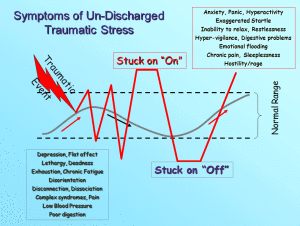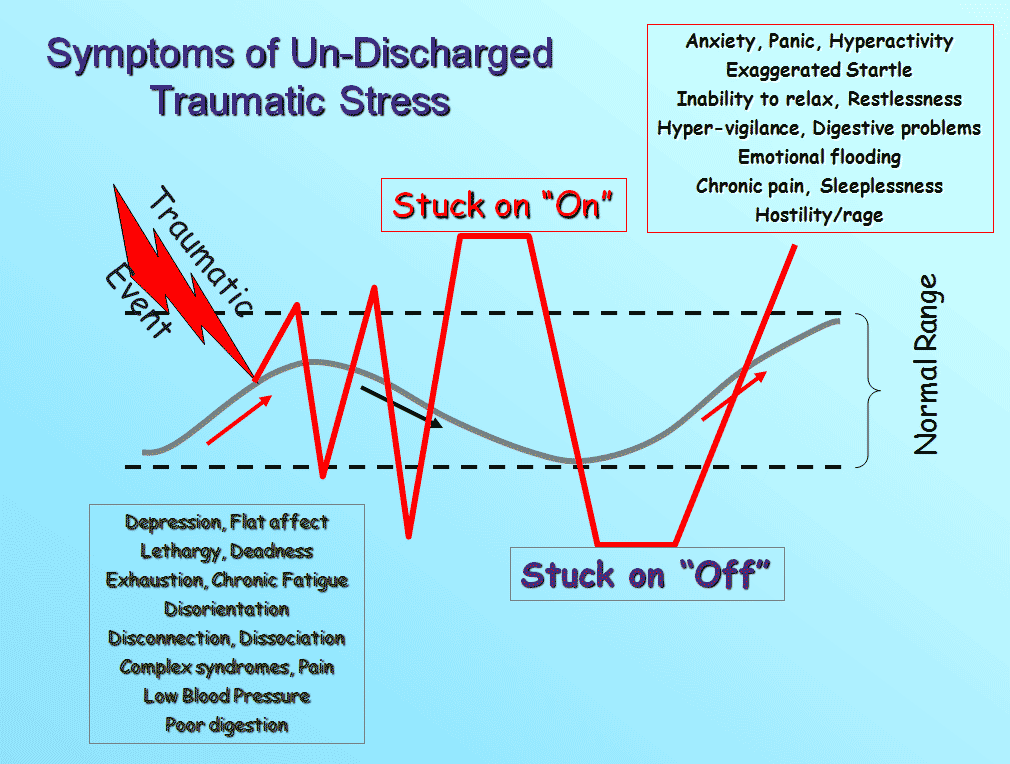Trauma | PTSD

- Are you extra alert, as if on the look out for danger?
- Do you fear falling asleep because of nightmares?
- Do you wake up scared in the middle of the night?
- Do you jump when touched or you hear a sudden noise?
- Do you experience intrusive thoughts, images, or memories that upset you?
- Do you feel numb, helpless, guilty, anxious, or ashamed?
- Have people told you that you “aren’t the same” since an especially difficult event in your past?
- Do you avoid reminders of that time in your life?
You are not alone! I am here to HELP!
If you answered yes to any of the questions above, you may be struggling with aftermath of trauma. While it can seem like an impossible path to feel better, there are actually very effective approaches in therapy to get you relief.
What is trauma?
When I talk about trauma in therapy, I am referring to how the nervous system responds, as opposed to a specific event that occurred. Trauma and PTSD (Post Traumatic Stress Disorder) impacts people when they perceive they or a loved one is in danger. Danger may or may not actually be present, but the nervous system is not always that logical. In addition to traumatic events, the nervous system may respond to chronic stress, dramatic change, or prolonged chaos as if trauma were present.
Long after the situations which lead us to where we are now have passed, our body and nervous system may continue to function as if it is still ongoing. Basically, our body remains on guard for danger or attempts to sustain fight, flight, or freeze mode. People respond to trauma in many ways, so they may be impacted by trauma even if they do not meet diagnostic criteria for PTSD. Treatment in the form of therapy can help restore the nervous system for real healing, and it can build resilience in our nervous system, emotions, and life functioning.
Here are some resources to learn more about Trauma and PTSD
Many times Trauma and PTSD symptoms present themselves in unexpected ways. It can show up as depression or anxiety, a feeling of unease, difficulty in relationships or even somatic (bodily) symptoms such as chronic pain, fibromyalgia or irritable bowel syndrome. Here are some common ways that trauma symptoms show up in every day life:
- difficulty sleeping
- fatigue
- jumpiness, startling easily or hyper-vigilance
- intrusive memories that sometimes seem as real as life
- depression
- dullness, a feeling of disconnection
- difficulty with decision making
- anxiety
- racing thoughts and difficulty with concentration
- guilty thoughts and feelings
- paranoia
- difficulty with having things just so
- fear of others
- difficulty letting the memories fade from and incident
- irritable bowel syndrome
- chronic pain
- fibromyalgia
“But the idea of talking about trauma sounds overwhelming and terrifying!”
My therapy approach is very gentle and is mindfully paced to meet you where you are now. Talking about trauma too much too fast can be very overwhelming and even re-traumatize you, and it is my job to make sure this doesn’t happen. One of the reasons I love the Somatic Experiencing approach to trauma therapy is that we do not even have to talk about the scary parts. The healing is not always in the words as much as it is in the body. So, when we are sitting together ready to make some progress, we will take some steps towards topic of trauma. As soon as you start to feel activated (anxious, cold, nervous, anything related to PTSD), we will step back and settle back into the safety of the here and now. We only move forward when you are ready. Ambivalence is very natural. [Here is a peer reviewed scientific journal article evaluating Somatic Experiencing.]
“There are hundreds of therapists in town, why should I choose you?”
This is a great question! There are several things that set me apart from other therapists.
-
I have extensive postgraduate education, clinical experience, and first hand experience specifically addressing how to treat the impacts of trauma and PTSD effectively. I have completed the 3 year post graduate training program to earn the title of Somatic Experiencing Professional.
-
I help each client as a whole person, not just a victim of a horrible event. Every person who has survived a trauma has their own set of life experiences, family dynamics, strengths, and possible co-occurring disorders. I see and work with the big picture of your wellness.
-
My clients tell me that they can tell that I truly understand what they are experiencing and describe me as safe, empathetic, informed, and non-judgmental.
-
I provide a safe and accepting environment for discussing traumatic issues regardless of sexual, gender, cultural or spiritual orientation.
- I offer a 30-minute consultation at no charge so you can see how you feel and whether you think we are a good match for one another. If you do not feel like we are a good fit for any reason, I will gladly refer you to another therapist who might be a better match for you so you can get the help you are seeking.
If you feel that you may have been impacted by Trauma or PTSD, please contact me today so I may help.

